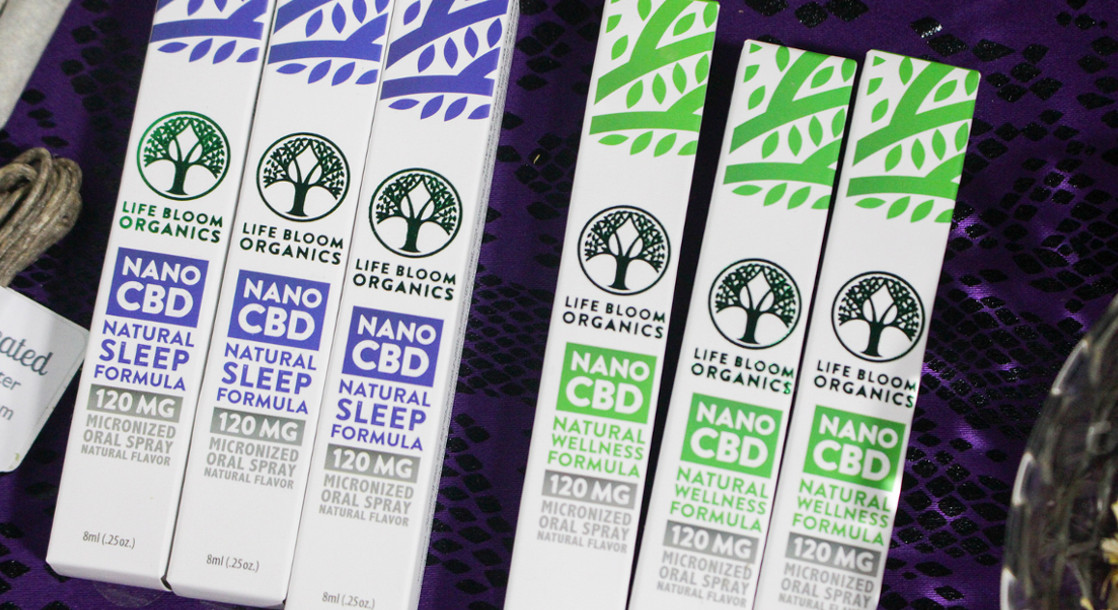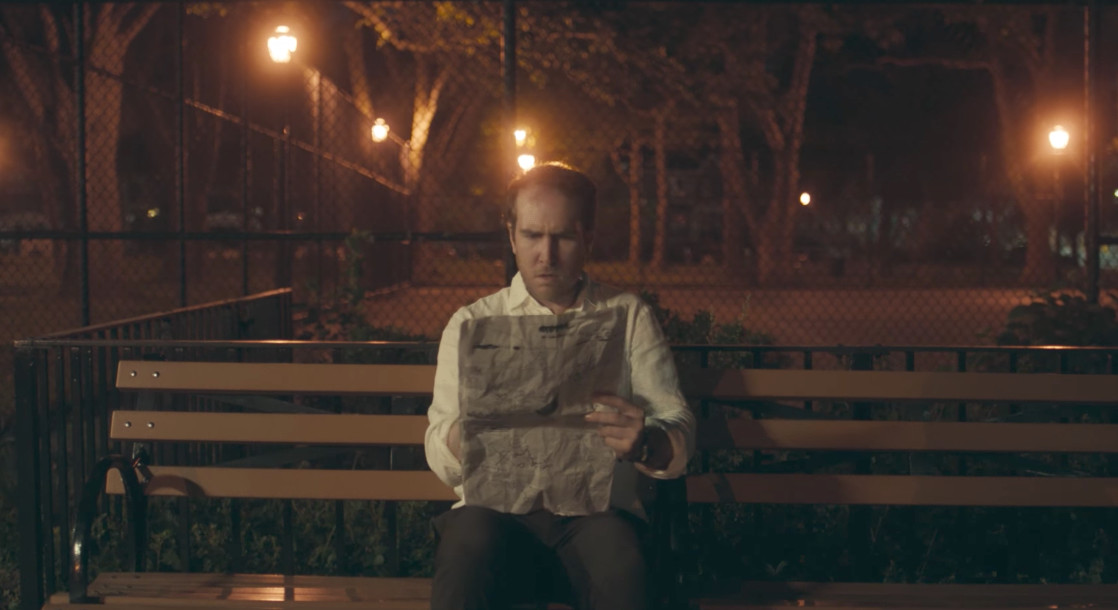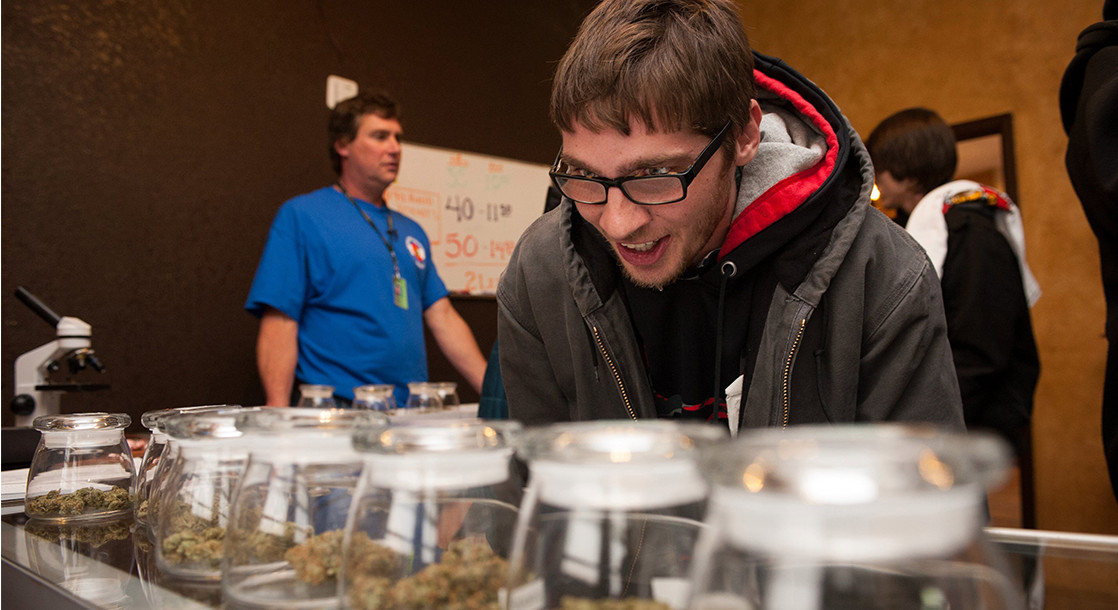Photo via WeedPornDaily
A preliminary report from the United Nations’ World Health Organization (WHO) is giving international credence to the validity of medical marijuana, confirming the beneficial healing effects and lack of danger associated with cannabidiol, or CBD.
According to the Independent, the WHO report — presented by the agency’s Expert Committee on Drug Dependence — calls for a separation of substance restrictions between CBD-only products and their THC-laden psychoactive counterparts.
“CBD has been demonstrated as an effective treatment of epilepsy in several clinical trials,” the WHO report’s authors concluded, adding that, “CBD is generally well tolerated with a good safety profile.”
Despite the fact that CBD has no recorded psychoactive properties, and no known harmful side effects, the U.S. Drug Enforcement Agency and a number of international agencies refuse to distinguish between products containing CBD and those with THC.
In the U.S., movements to legalize low-THC, high-CBD medical marijuana products in states across the country have yielded greater public awareness of cannabis’ chemical nuances, but without federal action, those shifts have come slowly and sporadically. Across the pond, U.K. CBD users have doubled in the past year, even in the face of a similarly precarious legal standing.
Because the medically beneficial compound is, at least in the U.S., seen differently when derived from hemp rather than traditional cannabis plants, a tenuous market for CBD extracts has emerged across states without medical marijuana, complicating the drug’s status even further.
As far as clinical trials and scientific evidence, those less-than-regulated CBD products did lead the WHO to concede that their findings only represent the use of pure CBD — a claim that many of the “CBD” products sold online or in health food stores have falsely pushed.
“There is unsanctioned medical use of CBD based products with oils, supplements, gums, and high concentration extracts available online for the treatment of many ailments,” the report’s authors wrote, also warning that “reported adverse effects may be as a result of drug-drug interactions between CBD and patients’ existing medications.”
And while the WHO report did not arrive at a concrete recommendation for governments and health agencies around the world to immediately legalize CBD, a report from NORML suggests that the international agency is currently in the process of reconsidering CBD’s place within the organization’s international drug scheduling code, seeking comment from the U.S. Food and Drug Administration along with other agencies.











